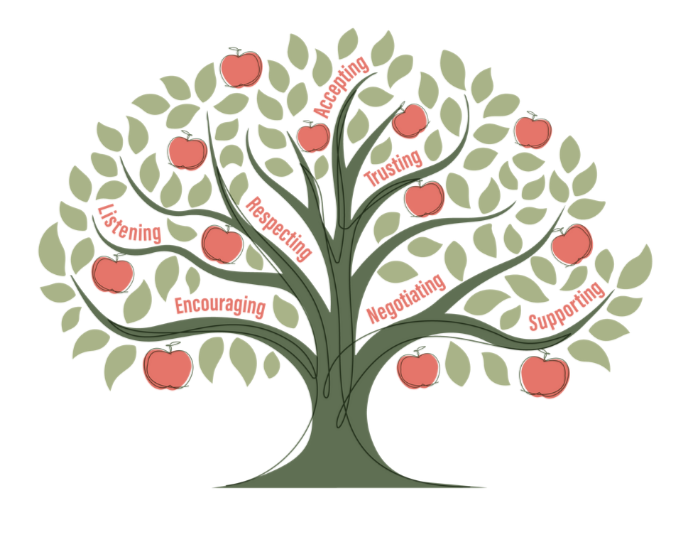The Habits That Connect Us … And the Ones That Push Us Apart
Whether you are a teacher, a parent, a leader, a partner, or simply a human being moving through the world, one truth remains constant: our lives are made of relationships. Every interaction, every conversation, every exchange shapes how connected, or disconnected, we feel from others.
Teaching is a relationship.
Leading is a relationship.
Parenting is a relationship.
Friendship is a relationship.
Life is made up of relationships.
We often talk about curriculum, strategy, behaviour management, leadership techniques, or parenting tools … but at the heart of all of these is something simpler and more profound: the quality of connection we create with others we determine how much influence we have with those around us. Human beings are wired for connection. Our biology is social. When we feel psychologically safe with someone, when we feel seen, heard, and valued, we are far more willing to go with someone than to resist them. It’s not because we’ve been pressured into it; it’s because we feel safe enough to choose it.
This is not manipulation. It’s humanity. Yet, many people still believe that to get others to behave, comply, perform, or “do what they should do,” we must use pressure, force, control, compliance, fear, or coercion. But here’s the truth: Control weakens connection, and without connection, influence disappears.
The more we attempt to make someone behave a certain way, the more resistance we create. It’s human nature. We are wired to defend our autonomy, even with the people we love. So, if control doesn’t work... what does? Connection. Real, genuine, grounded, consistent connection… And connection is built (or broken) through habits; the behaviours we bring to our relationships every day, often without even realising it.
The Habits That Connect Us
These habits create openness, safety, curiosity, and trust. They invite collaboration. They create a thriving space for learning and relationship:
Listening - Not listening to respond, listening to understand. Listening with presence, not just patience.
Encouraging - Seeing the effort, not just the outcome. Reflecting back someone's strengths even when they can’t see them themselves.
Accepting - Allowing others to be who they are, instead of trying to shape them into who we want them to be.
Respecting - Valuing the autonomy, experience, and humanity of others…especially when you disagree.
Supporting - Not rescuing or fixing but walking alongside. Asking what’s needed, not what’s convenient.
Trusting - Believing in the capabilities of others and showing up with consistent predictable actions.
Negotiating - Asking questions and finding solutions together, rather than demanding and imposing yourself.
These habits are powerful because they communicate: “I see you. I hear you.” When someone feels this from you, they are far more likely to want to be in your presence and move with you - emotionally, mentally, and behaviourally.
The Habits That Disconnect Us
These habits close conversation, shut down curiosity, and create fear or defensiveness. They might get temporary compliance, but they usually cost the relationship. Teams, groups, families, and organisations struggle to thrive when these habits are prevalent.
Criticising
Blaming
Nagging
Complaining
Threatening
Punishing
Shaming
Guilting
“Rewarding to control”
These habits communicate: “I need you to change something” for me to be ok with you. But authentic relationship growth begins with: “I’m willing to reflect on myself” because “The only person you can control is yourself” We can’t control others. We can only influence and invite others to come with us and this can only grow from authentic connection.
If we want our children, students, colleagues, partners, or friends to feel safe, open, and willing to grow, we must model the very habits we hope to see. We must become the connection we want. We must live the values we claim to care about. When we can shift our perspective to be more curious and less judgmental, we move from trying to manage and control others and toward trying to understand them, everything changes.
A Simple Invitation - All relationships …at home, at school, in leadership, in community can improve dramatically with just one reflective question:
“Is what I’m doing right now bringing us closer or pushing us apart?”
Connection is not accidental. It is intentional. It is a choice … one moment, one habit, one interaction at a time… And the more we choose connection, the more it becomes part of our brains automated wiring.


